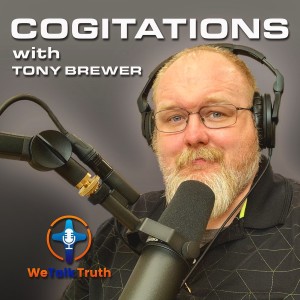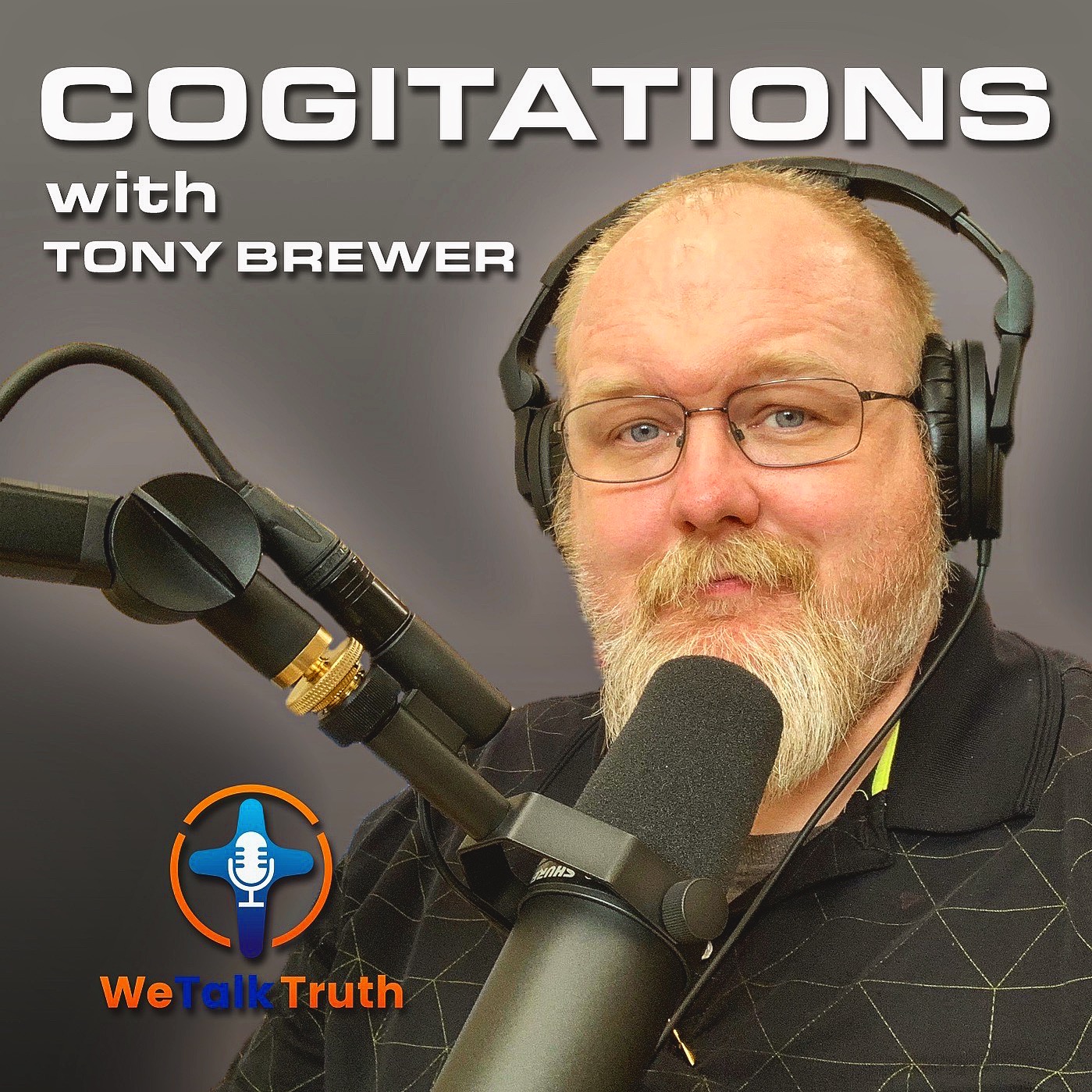Episodes

Thursday Aug 17, 2023
about the language of Ashdod s5e151
Thursday Aug 17, 2023
Thursday Aug 17, 2023
I'm concerned about the changing center of the Lord's church. This has been ongoing for a while. It began with our language. While we shouldn't let false religions take over God's language to the extent of completely banning its use, we must avoid adopting the terminology of these false religions, known as the language of Ashdod. If we're not careful with our language, it will hinder our ability to effectively teach the truth. I hope my words provide you with helpful encouragement.
The Language of Ashdod: Guarding the Integrity of our Faith
Introduction:
In the realm of faith and spirituality, language holds profound significance. It is through language that we express our beliefs, communicate with our Creator, and convey our understanding of divine truths. However, the history of religious communities reveals a cautionary tale known as the "language of Ashdod," a concept that underscores the importance of safeguarding the purity of our faith's language from external influences.
The Origin of the Language of Ashdod:
The term "language of Ashdod" is rooted in biblical history, specifically the story of Nehemiah in the Old Testament. In this narrative, the people of Israel were faced with a challenge: a linguistic and cultural influence that threatened to dilute their distinct faith identity. The inhabitants of Ashdod, a foreign city, introduced a foreign language that infiltrated the spiritual lexicon of the Israelites, leading to a distortion of their beliefs and practices.
Contemporary Relevance:
In our modern context, the language of Ashdod manifests as the influence of secular ideologies and false religious practices infiltrating the Christian community. Just as the Israelites faced a struggle to maintain their authentic faith, Christians today grapple with the temptation to adopt terminologies and ideas that deviate from the core teachings of Christ.
Preserving Doctrinal Purity:
The language of Ashdod serves as a cautionary tale, reminding us of the importance of preserving the purity of our faith's language and doctrine. As Christians, we are called to be vigilant in discerning the words we use and the concepts we embrace. While engaging with the world is essential, we must avoid adopting language that blurs the lines between God's truth and worldly perspectives.
Protecting the Integrity of Worship:
Worship is a sacred act that transcends language. However, the language we use during worship holds the power to shape our understanding of God. Allowing the language of Ashdod to infiltrate our worship can lead to a diluted connection with the divine. By upholding the sanctity of our faith's language, we ensure that our worship remains true, heartfelt, and aligned with God's teachings.
Conclusion:
The language of Ashdod remains a pertinent reminder for Christians today. In an era of constant communication and cultural exchange, the integrity of our faith's language is at stake. Just as Nehemiah rallied the people to rebuild the walls of Jerusalem and restore their identity, we too must stand guard against linguistic influences that compromise the essence of Christianity. By staying rooted in the language of God's truth, we ensure that our faith remains unaltered, unwavering, and deeply meaningful.


No comments yet. Be the first to say something!